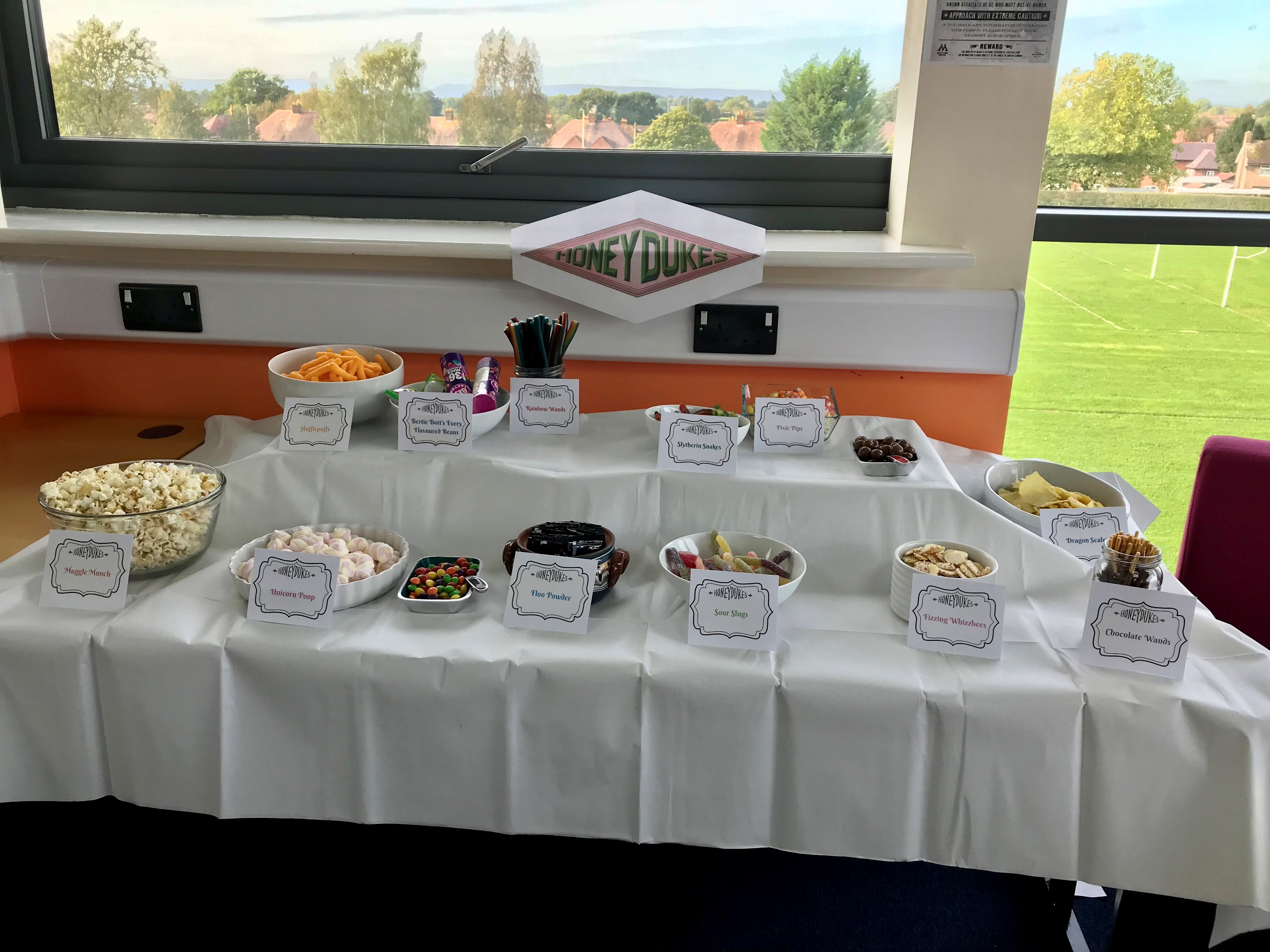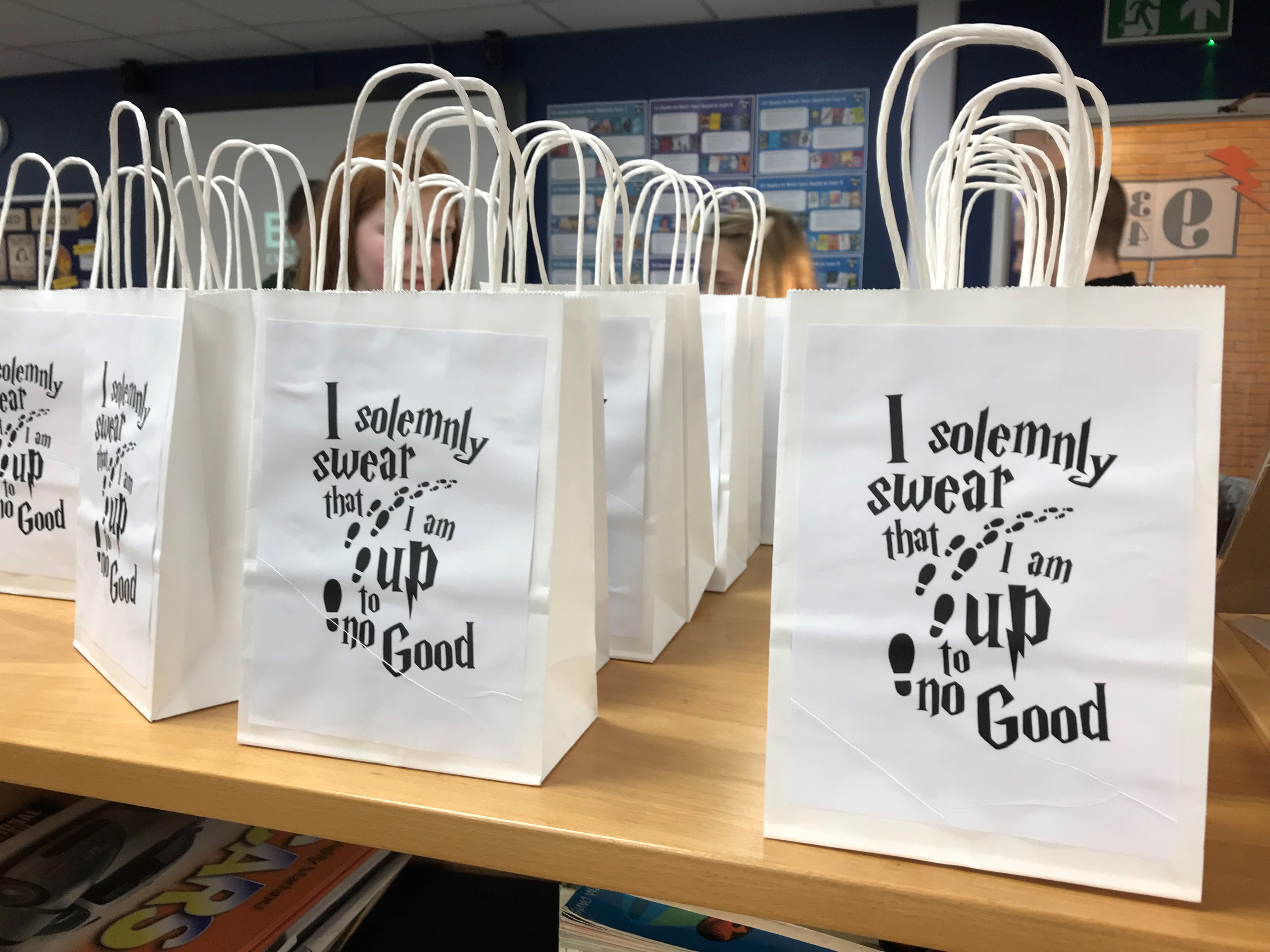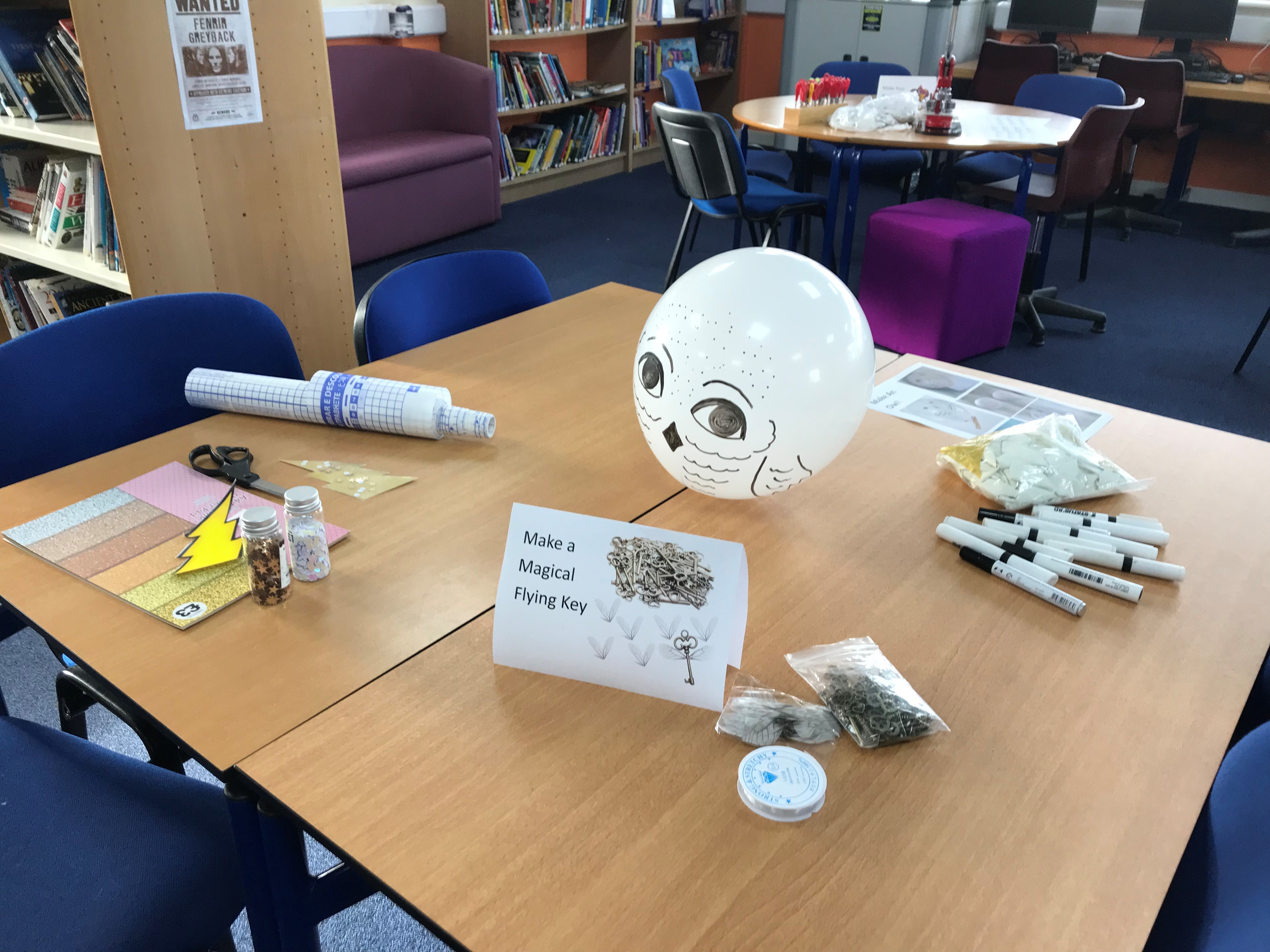English at Lakelands Academy is a forward-thinking department that puts pupils’ learning and experiences first. The department intent is to make English as exciting and as accessible as possible, from the very start of pupils’ time at Lakelands in Year 7, whilst teaching pupils the vital skills that they will need for examinations and beyond.
We aim to give all pupils at Lakelands Academy access to as many opportunities as possible through the English department. We hope that their experience of the subject will allow them to express their ideas with confidence, and communicate effectively in a range of different contexts, in and out of school. We offer exciting and challenging opportunities to our students through their English studies; these opportunities include project writing, producing stories for a range of audiences, poetry and prose writing competitions and challenges, participation in the Accelerated Reader programme as well as trips to a wide variety of activities.
It is vital that within English, our pupils experience a range of skills-based learning in all aspects of English Language and English Literature. These skills are the key to success and will enable our pupils to achieve success. We frequently reassess our curriculum to ensure that all our students leave having had access to traditional and modern aspects of communication in an ever-changing world; be it hurling Shakespearean insults, studying controversial topics such as zoos and types of punishment, or experiencing live theatre productions (when these are available) of our key texts. The highlight of our school year is a visit to the Hay Literary Festival –the trip is very popular and is often over-subscribed.
Course overview at Key Stage 3
We align our KS3 curriculum with the Assessment Objectives for GCSE English Language and Literature, so that we can embed the necessary skills in our pupils and allow them to achieve. It is crucial to have a rich and varied curriculum that does not focus entirely upon examinations, so we focus upon creating access to a wide range of texts, including poetry, prose, plays and a wide collection of non-fiction material from the C.19th right through to today. Our aim is to give our pupils the knowledge, experience and understanding of the world through the texts that we read, and will allow them to form views, opinions and ideas, with the sole drive of promoting the ideas that there is a practical application for English in their everyday life. This is encouraged within our classrooms through conversation, the written word, and media. By the time they leave the school, we hope that they will have the skills and knowledge of English that will demonstrate their skills through good verbal and written communication.
The focus of Key Stage 3 is to develop the reading and writing skills of our students and to promote a love of language. A series of units have been designed to build confidence and progression in English skills, revisiting each and reinforcing prior learning. Our units have been crafted in a way that ensures the teaching of English skills through a varied programme of study. Pupils will have the opportunity to consolidate accurate writing skills, develop and improve their reading skills, build on their vocabulary and improve their spelling.
Course Outline and Assessments



Click on the links to see how to make good progress in English at Key Stage 3
Within Key Stage 3 we promote and endorse the enjoyment of reading for pleasure through the Accelerated Reader Programme. Students can access the Craig Colley Centre Library and read a broad selection of books that are all rated and scored for their reading level by our on-site Librarian. They will complete quizzes and tests on the books that they read and in return they can track their own reading progress and be rewarded for their efforts on a regular basis. Points mean prizes and pupils achieving a range of milestones will receive sweets, book vouchers, invitations to afternoon tea and stationery/reading hampers. Each student is set a reading target on a termly basis that is designed to be encouraging and achievable.









In addition to this, we have established an exciting range of enrichment activities to enhance our students’ teaching and learning experience. The Arts are an important component of studying English and when the occasion arises we endeavour to take students to the theatre. Where possible we will also invite theatre companies to show their ‘In-house’ performances. These visits require a small contribution to help us cover the professional company’s costs. Other activities include visits to Lakelands Academy by local authors to run workshops for pupils, literary festivals, author talks, as well as a visit from the Usborne Book Company.
By the time pupils reach years 10 and 11 students they will have built up a great foundation over Key Stage 3 to allow them to access the courses at GCSE. All pupils will have been taught the skills that they need to be able to respond to GCSE style questions.
Students study to take two GCSE qualifications at Lakelands, both at the end of Year 11. All examinations are linear, closed book and there is a single tier of entry – all candidates sit the same paper.
As much as we would like to provide texts for all our students free of charge, we are unable to do so. We ask that our students buy our GCSE book pack which is heavily discounted and includes copies of all texts, the poetry anthology and relevant study guides for each text to support our students in their studies.
Please click here to find out more.





Harry Potter Day - Honeydukes

Harry Potter Day - Party Bags

Harry Potter Day - Butter Beer

Harry Potter Day - Crafts
